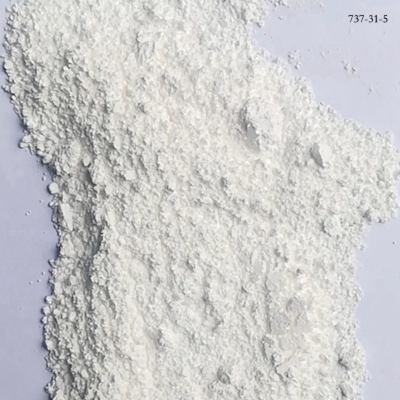-
Categories
-
Pharmaceutical Intermediates
-
Active Pharmaceutical Ingredients
-
Food Additives
- Industrial Coatings
- Agrochemicals
- Dyes and Pigments
- Surfactant
- Flavors and Fragrances
- Chemical Reagents
- Catalyst and Auxiliary
- Natural Products
- Inorganic Chemistry
-
Organic Chemistry
-
Biochemical Engineering
- Analytical Chemistry
-
Cosmetic Ingredient
- Water Treatment Chemical
-
Pharmaceutical Intermediates
Promotion
ECHEMI Mall
Wholesale
Weekly Price
Exhibition
News
-
Trade Service
Recently, the Suzhou Center for Disease Control and Prevention conducted tests on the city’s main seafood product wholesale and retail markets, randomly sampled kelp and sea yellow croaker, and found that.
The tweezers in the picture above are not needle thread, but the Anisakis worm under test!
What exactly is Anisakis? Is it harmful to the human body?
The following is a popular science by Xiaoyu:
Anisakis is a class of nematodes whose adults are parasitic on marine mammals and their larvae are parasitic on certain marine fishes, belonging to the Anisakis parasite of the order Ascarididae
Anisakis anatomy
Clinical manifestations of human infection with Anisakis
Acute clinical manifestations include severe abdominal pain, nausea, vomiting, diarrhea and other gastrointestinal symptoms, accompanied by increased eosinophils;
The chronic phase is characterized by eosinophilic granuloma of the stomach or intestines, which may be complicated by intestinal obstruction, intestinal perforation, and peritonitis
Anisakis disease is endemic in Japan, South Korea, France and many other countries that like to eat raw marine fish
How to control anisakis disease?
At present, there is no specific treatment for anisakis worms.
Anisakis worms can all die after being frozen at -20°C for 24 hours.
1.
Angiostrongylus larvae develop in some terrestrial or aquatic snails for a long time
Once a person is infected with Angiostrongylus, this parasite will travel in the body and penetrate the brain to cause disease
2.
Autumn is the season for picking water chestnuts and water chestnuts.
Ginger worm parasitizes the human small intestine and can cause digestive tract and systemic symptoms, such as abdominal pain, bloating, and diarrhea.
3.
People who like to eat raw steaks often think that such steaks are "chewy" and "beef-flavored"
4.
In recent years, the spicy crayfish has become popular all over the country, but because the water quality of the crayfish habitat is usually poor, there are many parasitic parasites in the crayfish
Confronting parasites in food
Don't panic everyone
One is not to eat or eat less uncommon food
Second, it is recommended to heat-process it until it is fully cooked before eating
For raw food such as sashimi
It is recommended to be in a formal and qualified
Buy food in supermarkets or restaurants







